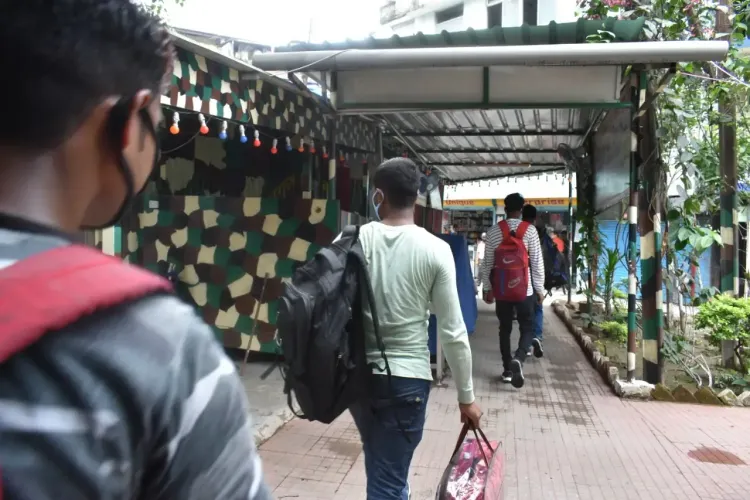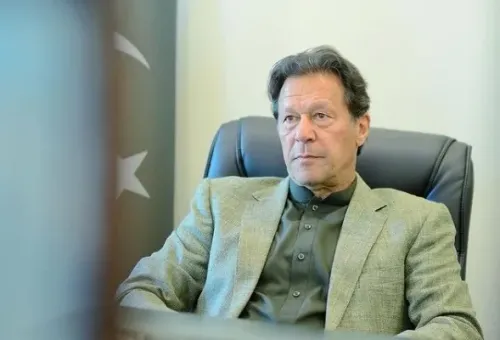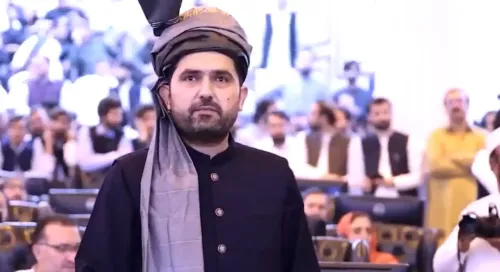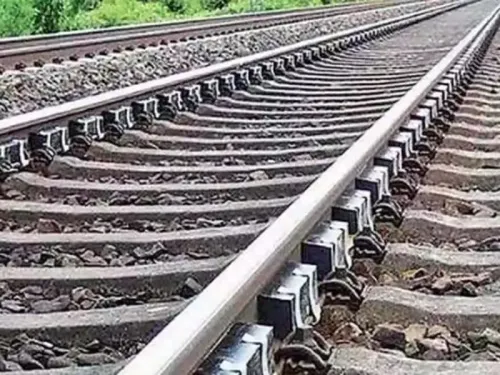E-Gates to Enhance Immigration Efficiency at Phuentsholing Border

Synopsis
Key Takeaways
- Implementation of e-gates for faster immigration.
- Automated systems to reduce wait times.
- Utilization of biometric data for identity verification.
- Phuentsholing is a key trade gateway with India.
- Strengthening Bhutan-India relations through high-level exchanges.
Thimphu, Feb 10 (NationPress) Travellers heading to Bhutan through the Phuentsholing pedestrian terminal will soon enjoy a more rapid and efficient immigration experience with the upcoming installation of e-gates at the busiest border crossing with India, as reported by local Bhutanese media on Monday.
The Department of Immigration (DoI) in Bhutan is preparing to automate its border control systems to decrease wait times and bolster security at the international pedestrian terminal that connects Phuentsholing in Bhutan to Jaigaon in India.
These e-gates—automated self-service kiosks—utilize biometric data embedded in passports, combined with facial recognition or fingerprint scans, to authenticate travellers' identities.
Once operational, both Bhutanese citizens and foreign nationals with registered biometrics will be able to pass through without the need for manual clearance.
"This initiative reflects our commitment to enhancing security and streamlining immigration procedures, ensuring quicker and more efficient entry and exit services," the DoI stated, as quoted by Bhutan's Kuensel newspaper.
This announcement comes amidst growing frustrations regarding lengthy wait times at the terminal. The existing system necessitates immigration personnel to manually input data for each traveller, causing delays during peak hours.
Phuentsholing is the second largest town in Bhutan and shares its border with West Bengal. It is the only land border crossing between Bhutan and India, making it a significant gateway for trade and commerce between both nations.
Surrounded by India to the east, west, and south, Bhutan relies heavily on its larger neighbour for connectivity and international trade.
Recently, King Jigme Khesar Namgyel Wangchuck of Bhutan visited India to participate in the Maha Kumbh Mela in Prayagraj, adhering to the tradition of regular high-level exchanges between the two neighbouring countries—an essential aspect of their special partnership.
"India and Bhutan enjoy unique ties of friendship and collaboration, characterized by mutual understanding and trust. His Majesty's visit is in line with the tradition of high-level exchanges, marking a vital component of the special partnership," stated a release from the MEA.









